Showing 256-270 of 353 results
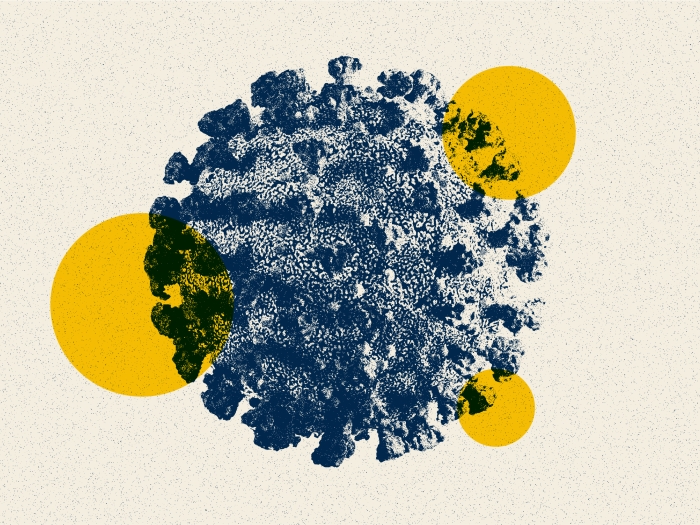
Health Lab
COVID-19 hospitalization is especially linked to an impact on patients’ financial health
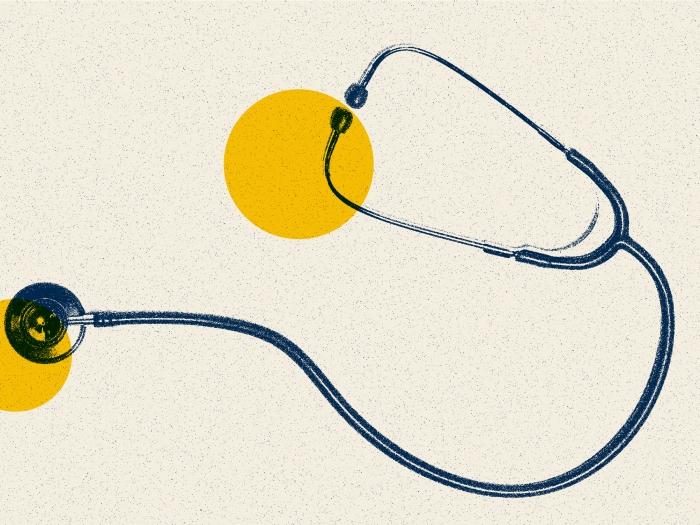
Health Lab
The University of Michigan Health System received an order for a cervical orthosis, or neck brace, which resulted in a modified version still being used today, changing recovery for the better.

Health Lab
A Michigan Medicine study shows the rate of people starting on buprenorphine remained flat from 2019 through 2022, while the percentage of patients who stayed on buprenorphine for at least six months hovered at just over 20% from 2016 through 2022.

Health Lab
Michigan Medicine researchers have found that an extra copy of one gene that is triplicated in human Down syndrome patients causes improper development of neurons in mice.

Health Lab
Stopping or reducing doses of prescription medicine, also called deprescribing, is something many older adults would like to do, and some have already done without medical guidance. Medication reviews could help.
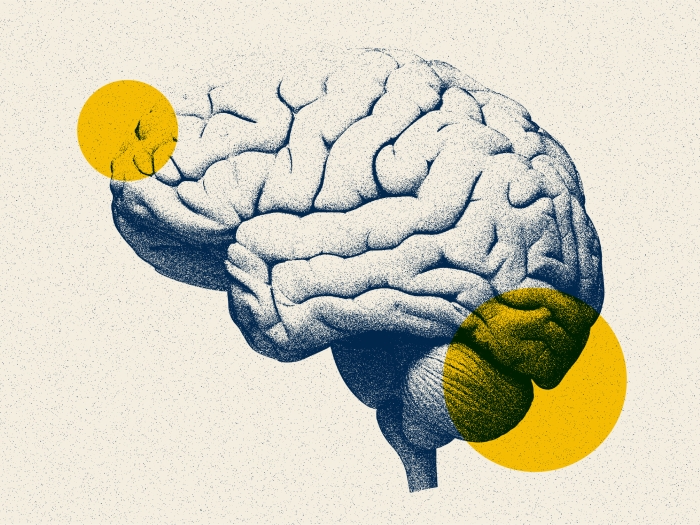
Health Lab
A Michigan Medicine study takes a closer look at the neurobiology of psychedelic experiences.

Health Lab
A Michigan Medicine study reveals pivotal RNA modification in mouse embryos.

Health Lab
Cerebral palsy patients at higher risk of being prescribed opioids for pain, even though Michigan Medicine researchers find them to not be effective for their unique pain issues.

Health Lab
A Michigan Medicine study finds that Black and socioeconomically disadvantaged patients with a common vascular disease have more severe symptoms before bypass surgery – and are at greater risk for amputation and other complications after the procedure.

Health Lab
A team of Michigan Medicine researchers have identified a mechanism in mice for how obesity affects some oral cancers’ ability to escape from the immune system.

Health Lab
Michigan Medicine study shows model that predicts patient deterioration defies traditional challenges.
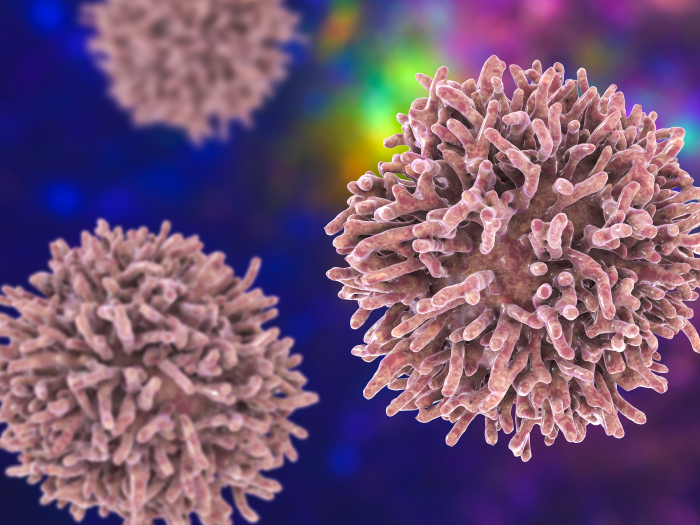
Health Lab
For thyroid cancer, experts examine the current state of overdiagnosis, new therapies, health equity concerns and more.

Health Lab
Researchers at Michigan Medicine have identified a new metric to articulate the relationship between nerve density and oral cancer. The study investigated normalized nerve density to translate previous mechanistic studies into a context that could be used in the clinic.
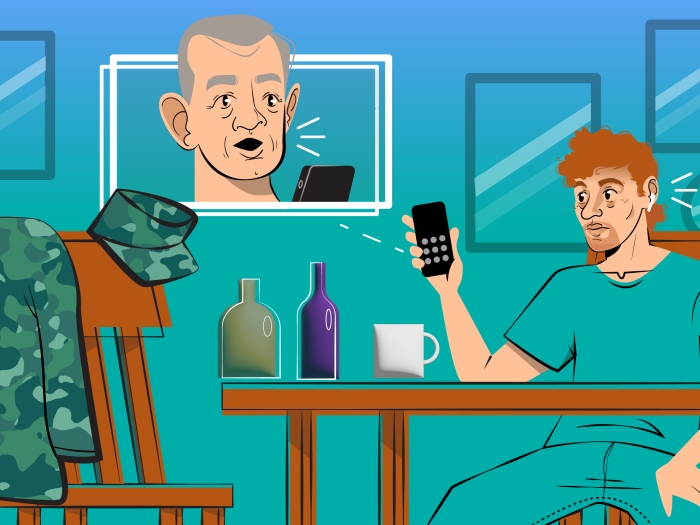
Health Lab
Alcohol overuse by members of the National Guard was reduced by a targeted intervention of web-based education and phone-based peer support.

Health Lab
Financial toxicity of cancer impacts partners’ quality of life, with people reporting pain, fatigue and sleep issues tied to missed work and medical bills